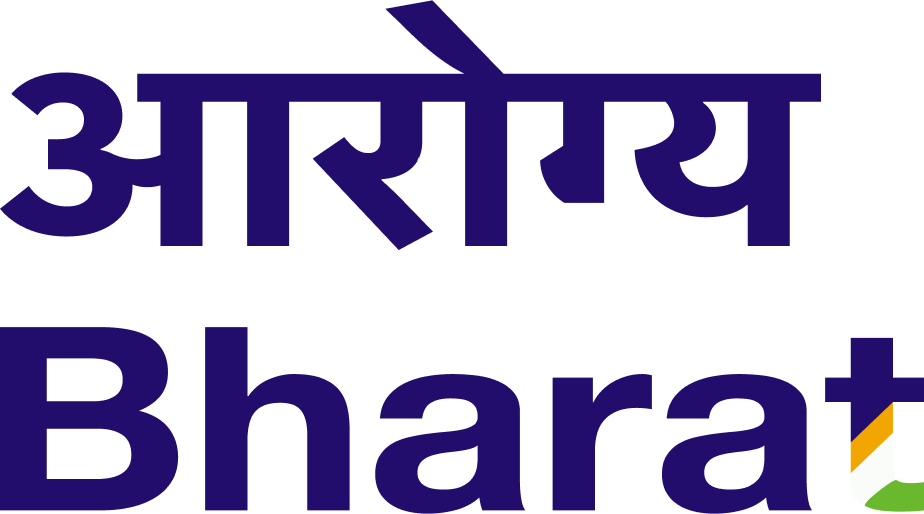Introduction
In India, dietary habits vary widely, and many people turn to supplements to meet their nutritional needs. With Ayurveda and modern medicine coexisting, the supplement industry is expanding rapidly. But are supplements truly beneficial, or can they cause harm? In this guide, we explore whether supplements are good for health, backed by scientific research relevant to the Indian audience.
What Are Supplements?
Dietary supplements are products designed to provide essential nutrients that may be missing from a person's diet. In India, they are commonly used to combat deficiencies caused by dietary restrictions or lifestyle choices. They come in various forms, including:
- Vitamins & Minerals (e.g., Vitamin C, Iron, Zinc, commonly found in Indian diets)
- Ayurvedic & Herbal Supplements (e.g., Ashwagandha, Triphala, Brahmi, Tulsi)
- Protein & Amino Acids (e.g., Whey Protein, BCAAs, commonly used by fitness enthusiasts in India)
- Omega-3 Fatty Acids (e.g., Fish Oil, Flaxseed Oil, for heart and brain health)
- Probiotics & Digestive Enzymes (e.g., Yogurt-based probiotics, Lactobacillus, Bromelain for gut health)
Are Supplements Good or Bad for Health? (The Science)
Benefits of Supplements
- Filling Nutritional Gaps: India has a high prevalence of deficiencies in Iron, Vitamin D, and B12, making supplements essential for many people.
- Boosting Immunity: Indian households often rely on natural immunity boosters like Tulsi and Turmeric, but additional Zinc and Probiotics can further support immune function.
- Improving Bone & Heart Health: With rising cases of osteoporosis and heart disease in India, Calcium, Vitamin D, and Omega-3 fatty acids are vital.
- Enhancing Energy & Metabolism: B-complex vitamins and Iron help combat fatigue, especially in vegetarians who may lack sufficient Iron intake.
Potential Risks & Side Effects
- Overdose Issues: Excessive intake of fat-soluble vitamins (A, D, E, K) can be toxic, a common issue due to self-medication.
- Interaction with Medications: Ayurvedic supplements like Guggul may interfere with blood-thinning medications.
- Lack of Regulation: Some supplements in India lack FSSAI approval, leading to concerns about purity and safety.
- Dependency Risk: Overreliance on supplements instead of a balanced diet can lead to long-term health issues.
Best Supplements for Different Health Goals (India-Specific)
For Immunity (Common in Indian Households)
- Vitamin C (from Amla)
- Zinc
- Tulsi & Turmeric Supplements
For Heart Health
- Omega-3 Fish Oil (for non-vegetarians)
- Flaxseed Oil (for vegetarians)
- CoQ10
For Bone Health
- Calcium & Vitamin D (especially for Indian women with high osteoporosis risk)
- Moringa Powder (a natural calcium-rich supplement)
For Energy & Metabolism
- B Vitamins (for vegetarians lacking B12)
- Iron (common deficiency among Indian women)
- Ashwagandha (for stress relief and energy boost)
Risks & Precautions of Taking Supplements
- Always consult an Ayurvedic or allopathic healthcare provider before starting any supplement.
- Follow the recommended daily dosage to avoid toxicity.
- Choose FSSAI-approved and third-party tested brands to ensure safety.
FAQs
Q: Are supplements necessary if I eat a balanced Indian diet?
A: If your diet includes a variety of fruits, vegetables, dairy, and grains, supplements may not be necessary. However, deficiencies in Iron, Vitamin B12, and Vitamin D are common in India, making supplementation beneficial.
Q: Can supplements replace traditional Ayurvedic remedies?
A: No, Ayurveda and modern supplements can work together. Traditional remedies like Chyawanprash and herbal powders can complement vitamin and mineral supplements.
Q: Are protein supplements safe for daily use in India?
A: Yes, but it's best to choose plant-based proteins (for vegetarians) or whey protein (for non-vegetarians). Excessive intake may burden the kidneys, especially for those with pre-existing conditions.
Conclusion
Supplements can be beneficial when used correctly, but they are not a substitute for a balanced Indian diet. The key is moderation, quality, and informed choices. Always consult a healthcare professional before adding supplements to your routine.
For more health-related insights, visit Aarogyaa Bharat.












